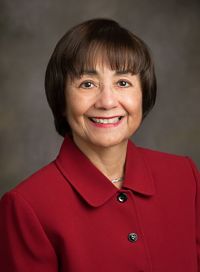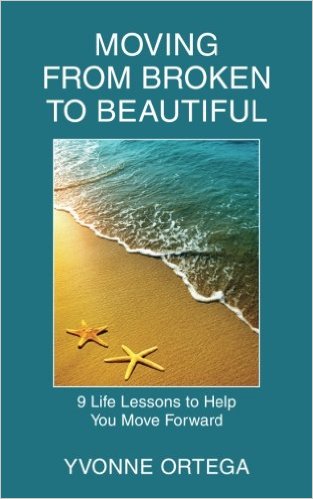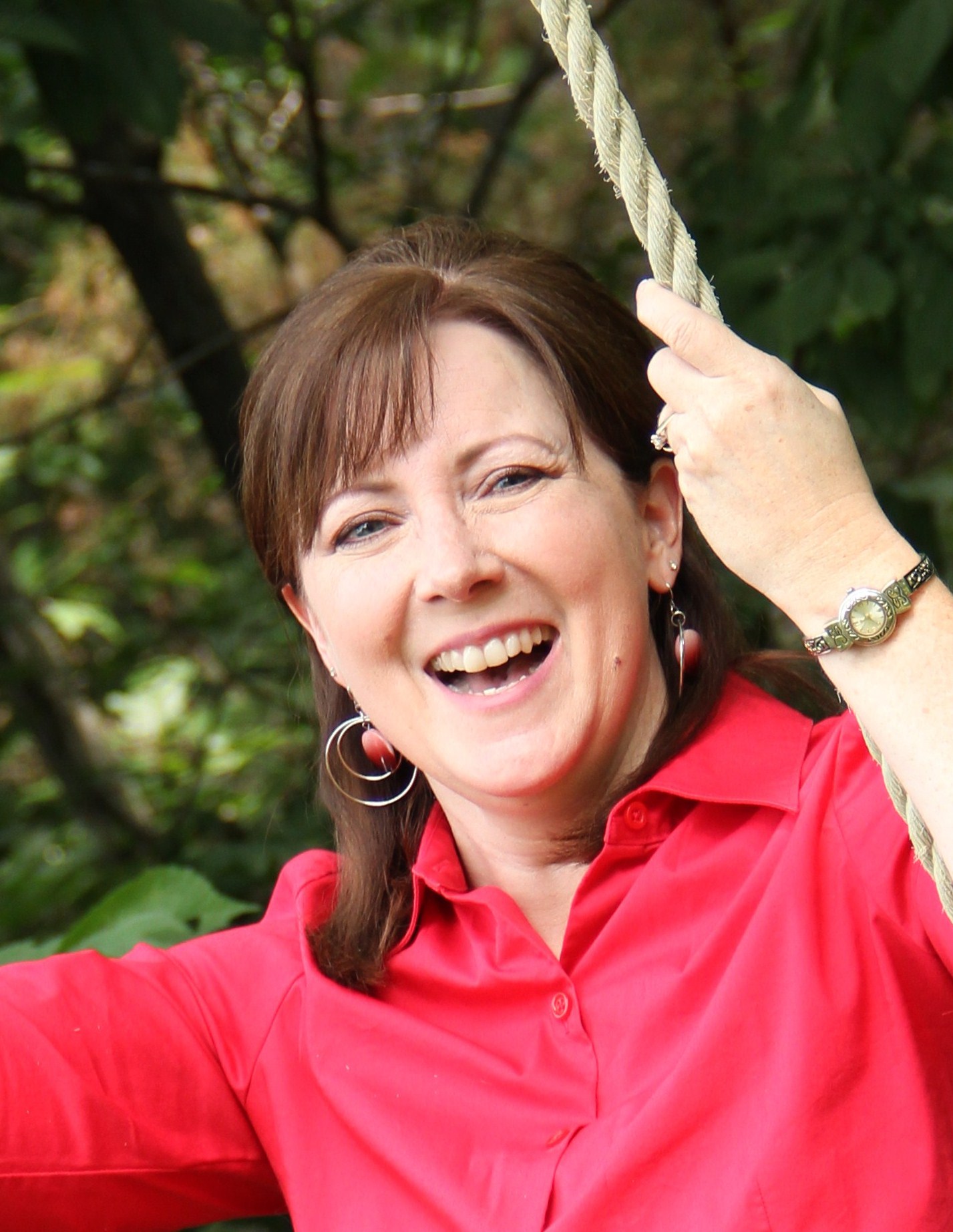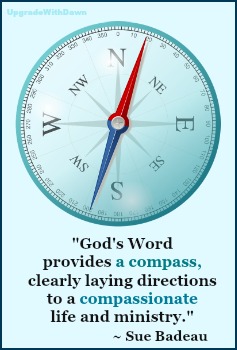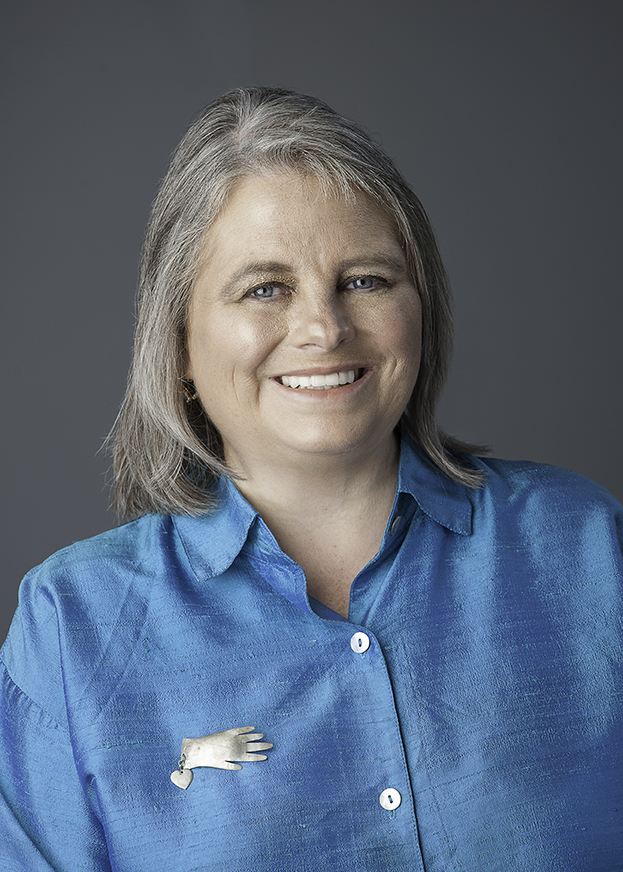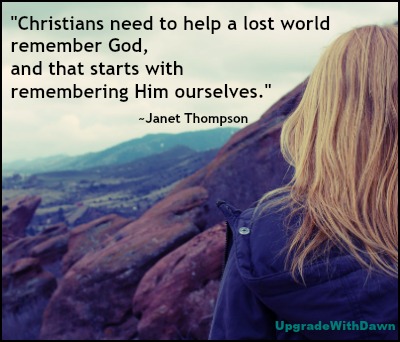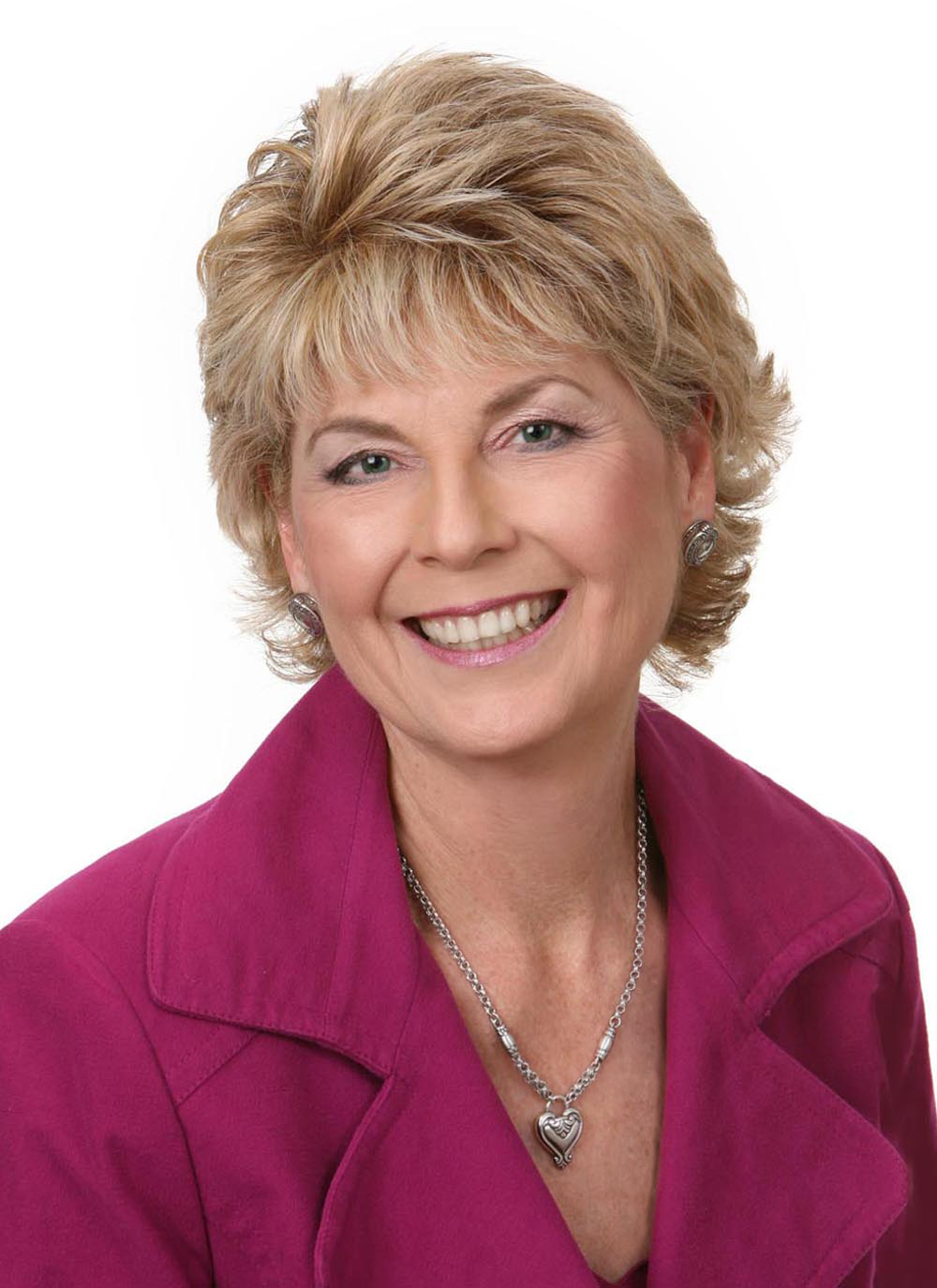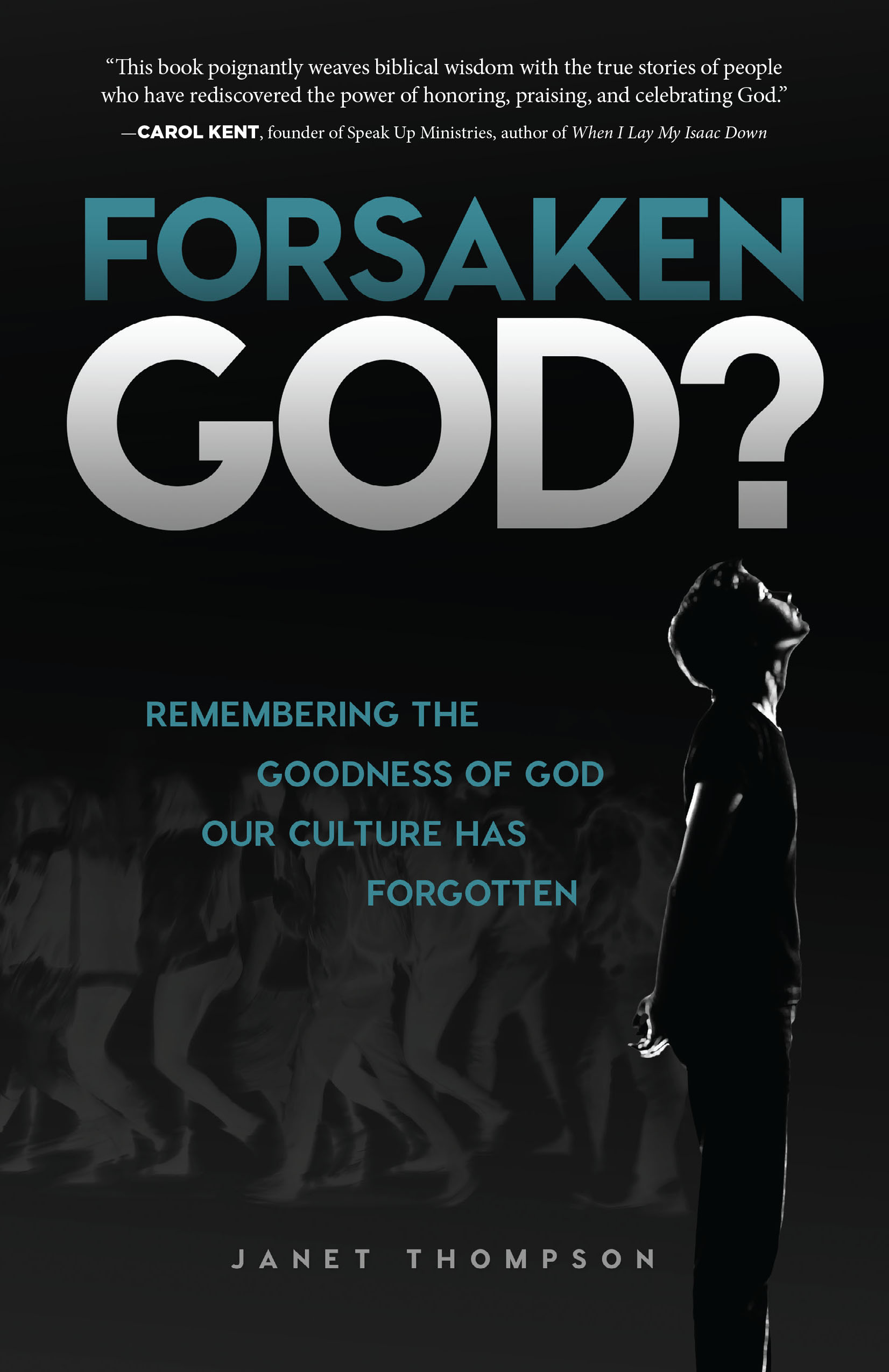Still a Daddy's Girl
In this Relationship with God UPGRADE, Dawn reminds us how much the Father loves us!
I like to think I was my dad's favorite. Sorry, Pam, you may be my sister, but Daddy loved me best. (And in saying that, I recall the humor of the Smother's Brothers: "Mom always liked you best.")
Of course, that's not true. Dad didn't love me more than my sister. It just felt like Daddy loved me to the max. (I'm sure you feel the same way, sis.)
I was a "Daddy's Girl" growing up. Not that I didn't love Mom, but there was a special link to my dad.
- I was the apple of His eye, and he loved me even when I messed up ... a lot!
- I trusted Daddy completely and he was my protector.
- Dad was more action than talk, but when he did share in quiet moments, he gave me wisdom for life; he prepared me to face many difficulties.
- We thought alike and had similar goals; he gave me a sense of purpose.
- And Daddy corrected me in love.
- As a result, I always wanted to please Him.
In later years, after I moved to the opposite coast, distance kept us apart, but Daddy was always in my heart. Even after my dad passed away to be with the Lord, I find I am still connected to him through memories and love.
When I celebrated what would have been Daddy's birthday recently, I took time to contemplate something else: I'm also a spiritual daughter. God is my Heavenly Father.
"... I will be a father to you, and you shall be sons and daughters to me, says the Lord Almighty" (2 Corinthians 6:18).
God's spirit wooed me to His love and when I trusted in Jesus to redeem me from my sin and give me new life, I became part of His heavenly family (John 1:12; Galatians 3:26; Ephesians 1:5).
"The Spirit himself testified with our spirit that we are God's children" (Romans 8:16).
Maybe you don't have a good example of fatherhood in your history (see note*). I understand that. Some dads, especially those who don't know the Lord, can be hurtful and ungodly; and I grieve whenever I see an unworthy example of fatherhood in the church.
My earthly daddy was a failing sinner who made some bad choices. He was as dependent on God's grace as I am.
Yet in many ways, my earthly daddy did remind me of my "Abba" (Romans 8:15; Galatians 4:6)—my Heavenly Father. Sometimes my dad intended to give me this model; other times I simply learned about God by watching Daddy's life.
Daddy gave me a sometimes dim, sometimes clear picture of my Father God.
In time, I came to understand at least six things about my Heavenly Father:
1. God LOVED me even when I was unloveable—long before I ever loved Him. "We love Him because He first loved us." (John 3:16; 1 John 4:10, 19) God chose me to be holy and blameless before Him in love (Ephesians 1:4).
He continues to love me today with contant, unfailing love; and someday, out of His love, He will make me like His Son (1 John 3:1-2). His unfailing love is priceless to me (Psalm 36:7a)
2. Father God is my Savior and PROTECTOR, much as He protected His chosen people, Israel. He is a refuge for His people (Psalm 17:7-9a; 91:1, 4).
I can trust Him, for He is a faithful refuge (Psalm 46:1).
3. My Father TEACHES me wisdom for life (Proverbs 7:2; Psalm 25:4-5)
He helps me think His thoughts and see from His perspective as I stay teachable and connected to Him through scripture and prayer.
4. God helps me understand and desire His PURPOSES (Psalm 33:11; 135:6; Isaiah 25:1; 55:11; Ephesians 1:9; Romans 12:1-2).
5. He DISCIPLINES me to change my character (Proverbs 3:12; Hebrews 12:6).
6. I want to PLEASE my good, wise and loving Father, following the example of Christ (John 4:34; 8:29; Romans 8:8; Psalm 147:11; Hebrews 11:6; Luke 6:46).
So as far as I can tell, I will always be a "Daddy's Girl."
By the way, don't let "distance" keep you apart from the Father. He is always present, but you may feel a tug in your heart that says something is wrong—that sin, apathy, idols, busyness, pride or something else is keeping you apart.
If you are a Prodigal child (Luke 15:11-32), come back to the Father.
He's waiting for you.
Are you part of God's heavenly family? Do you understand what that means? (If not, please read here.)
* A note to those who did (or do) not have a positive model of fatherhood in this world.
If you are wise, you will not allow this to fester in your heart with bitterness. Instead, you will carefully and prayerfully look to other strong and godly men in the Body of Christ for a worthy example of fatherhood. Ask the Holy Spirit to guide and guard your heart as you seek out worthy examples to observe and learn from. If he's still alive, pray and consider how to show love to your dad in ways that will draw him into a relationship (or closer walk) with the Lord.
And, remember: in the Bible, you can always study the character of the greatest Father in all creation, the Creator Himself!
Dawn Wilson, founder and President of Heart Choices Today, is the creator of three blogs:Heart Choices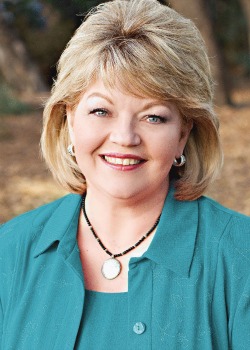 Today, LOL with God (with Pam Farrel), and Upgrade with Dawn. She is on the board of NEWIM, the Network of Evangelical Women in Ministry and is a contracted researcher for Revive Our Hearts. She and her husband Bob have two grown, married sons, three granddaughters and a rascally maltipoo, Roscoe.
Today, LOL with God (with Pam Farrel), and Upgrade with Dawn. She is on the board of NEWIM, the Network of Evangelical Women in Ministry and is a contracted researcher for Revive Our Hearts. She and her husband Bob have two grown, married sons, three granddaughters and a rascally maltipoo, Roscoe.
 Post a Comment → Posted on
Post a Comment → Posted on  Tuesday, March 1, 2016 at 6:53AM
Tuesday, March 1, 2016 at 6:53AM  Daddy's Girl,
Daddy's Girl,  Dawn Wilson,
Dawn Wilson,  Father God,
Father God,  Fatherhood,
Fatherhood,  God the Father,
God the Father,  Heavenly Father,
Heavenly Father,  Model of God's love,
Model of God's love,  Upgrade with Dawn Upgrade Your Life
Upgrade with Dawn Upgrade Your Life  Knowing God,
Knowing God,  Parenting,
Parenting,  Relationship with God
Relationship with God 





